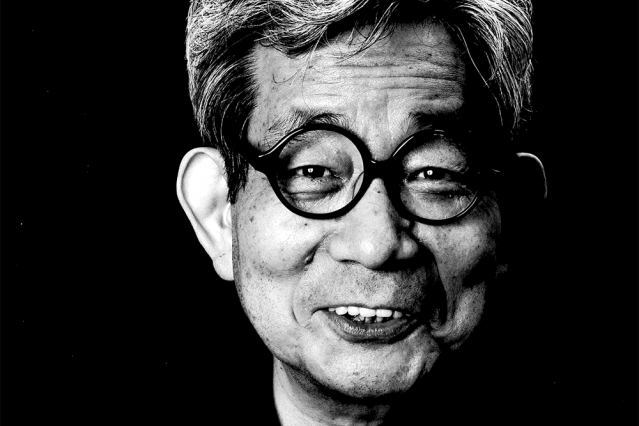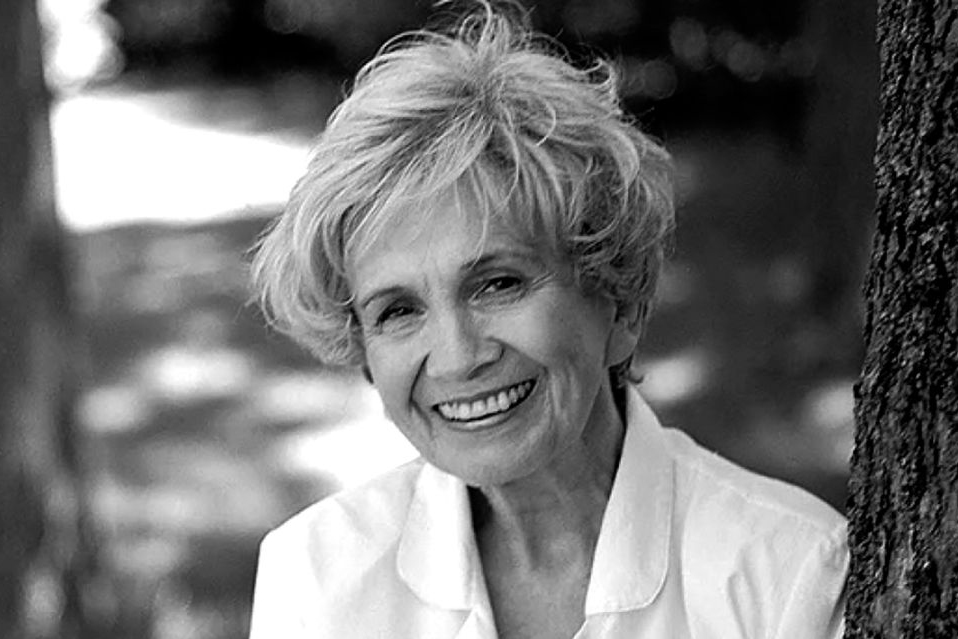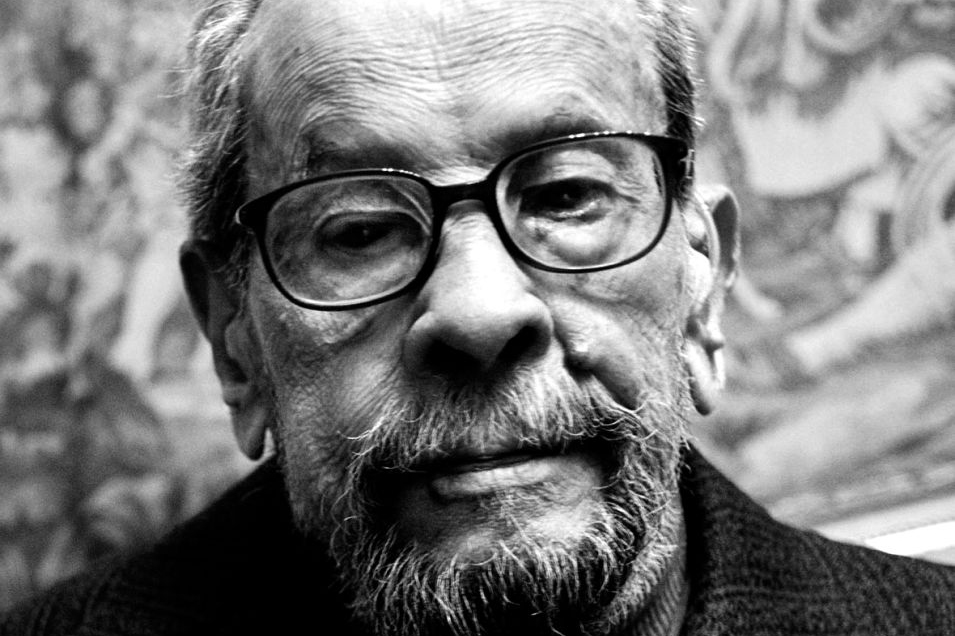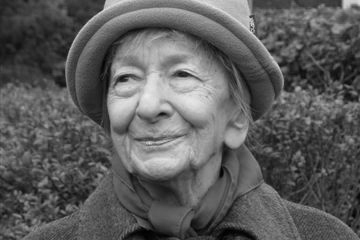Every week, the editors of The Paris Review lift the paywall on a selection of interviews, stories, poems, and more from the magazine’s archive. You can have these unlocked pieces delivered straight to your inbox every Sunday by signing up for the Redux newsletter.
This week at The Paris Review, we’re highlighting work from some of the more than thirty Nobel laureates in our archive, in honor of the Nobel Prize in Literature announcement last Thursday. Read on for Kenzaburo Oe’s Art of Fiction interview, Alice Munro’s short story “Spaceships Have Landed,” an excerpt from Naguib Mahfouz’s novel The Journey of Ibn Fattouma, and Wislawa Szymborska’s poem “Negative.”
Interview
Kenzaburo Oe, The Art of Fiction no. 195
Issue no. 183 (Winter 2007)
The Nobel Prize is almost meaningless to one’s literary work, but it raises one’s profile, one’s status as a social figure. One earns a kind of currency that one can use in a much wider realm. But for the author, nothing changes. My opinion of myself didn’t change. There are only a few writers who have gone on to produce good work after winning the Nobel Prize. Thomas Mann is one. Faulkner also.
Fiction
Spaceships Have Landed
By Alice Munro
Issue no. 131 (Summer 1994)
One whole summer Eunie and Rhea played together. They never thought of their activity as play, but playing was what they called it, to satisfy other people. It was the most serious part of their lives. What they did the rest of the time seemed frivolous, forgettable. When they cut from Eunie’s yard down to the riverbank they became different people. Each of them was called Tom.
Fiction
The Land of Mashriq
By Naguib Mahfouz, translated by Denys Johnson-Davies
Issue no. 123 (Summer 1992)
Away from home, I am remolded in a new form; in the depths of me there come into existence bold, impetuous longings to satisfy desires, to pursue adventures. I relinquish one civilization and give myself over to a new one. I yearn for life far away from observers: observers who, while manifesting themselves outwardly, also throb within oneself.
Poetry
Negative
By Wislawa Szymborska, translated by Joanna Trzeciak
Issue no. 144 (Fall 1997)
. . . On your dark face, light shadows.
You have sat down at a small table
And laid your grayed hands on it.You give the impression of a ghost
Who attempts to summon the living.(Because I’m still counted among them,
I should appear and knock:
Good night, that is, good morning,
Farewell, that is, hello.
Not being stingy with questions to any answer
If they concern life,
That is, the storm before the calm.)
If you enjoyed the above, don’t forget to subscribe! In addition to four print issues per year, you’ll also receive complete digital access to our sixty-eight years’ worth of archives.
from The Paris Review https://ift.tt/3mPT3C0




Comments
Post a Comment